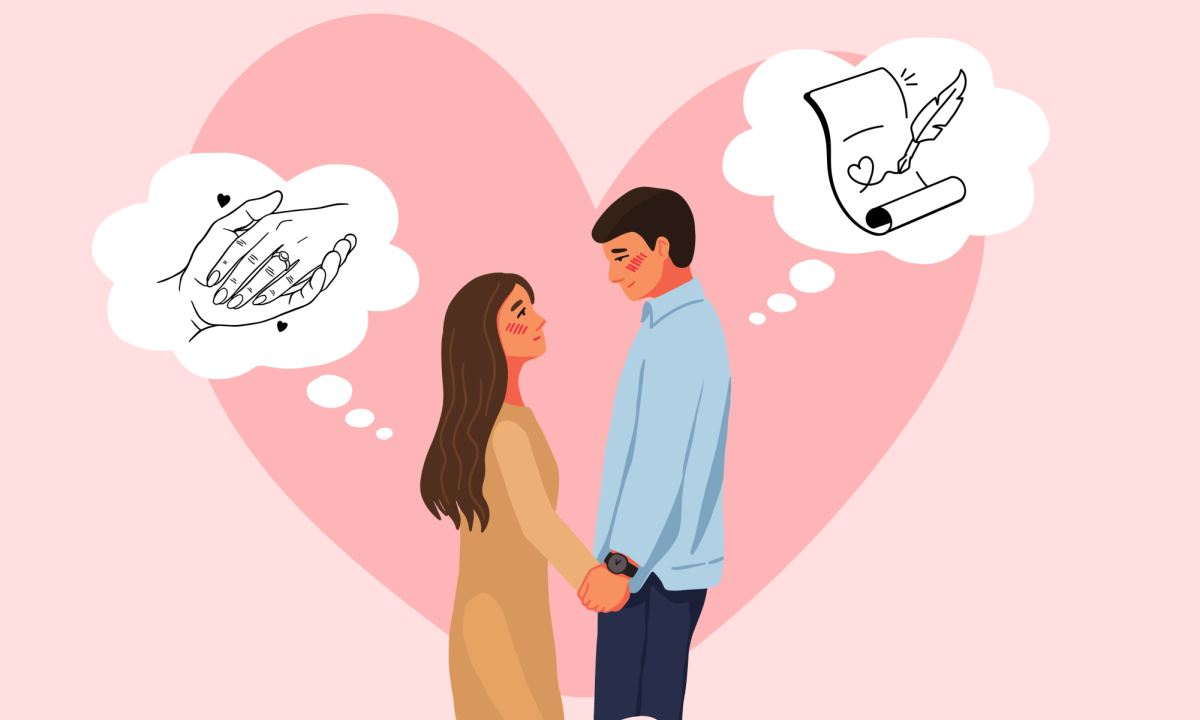Once the human brain became capable of linguistically communicating vis-à-vis language, long-term thinking and conceptual consistency evolved. Humans can both think of a grand idea and measure their experiences against it to determine whether those ideas are possible or not. Hence, the birth of idealistic and empirical thinking.
You’re most likely not a fan of reading abstract philosophical texts in your free time. I can’t say that I am either.
However, there is immense value gained by peering into these two major critical thinking patterns. Leaders in business, government or academia often think in one of two ways. Categorizing thinking as either empirical or idealistic is helpful in determining how people think, or at least how they determine whom they trust. Empirical thinking relies on the experiences of human observation of information to figure out how things work or why things are the way they are. Following the Renaissance, empiricism birthed modern scientific processes. Idealistic thinking may influence hypotheses or beliefs in occurrences of the world around us and has persisted in its intellectual prevalence.
One specific concept may do the trick to reveal how idealistic and empirical thinking differ: falling in love! For thousands of years, marriages were predominantly arranged, heeding practical, financial benefits to patriarchs of the bride-to-be. English marriage culture in the 18th and 19th centuries led to the age of romanticism –– when women gained agency in their choice of spouse. These ideas of love are still perpetuated in modern culture.
In my experience, love is a blend of abstract romance in daily, practical events. For example, I have immense joy going to the bank with my partner as she makes a deposit –– a purely practical event. Why? I know this is the person with whom I want to indefinitely experience (idealistic thinking) day-to-day interactions with (empirical thinking)!
In life, I often wonder, “How do they think that!” Determining if someone’s thinking is empirical or idealistic (or both) can help us understand each other better. So, if your boss at your internship has been anything but laissez-faire, they may be thinking too idealistically and not considering what your day-to-day looks like.














































